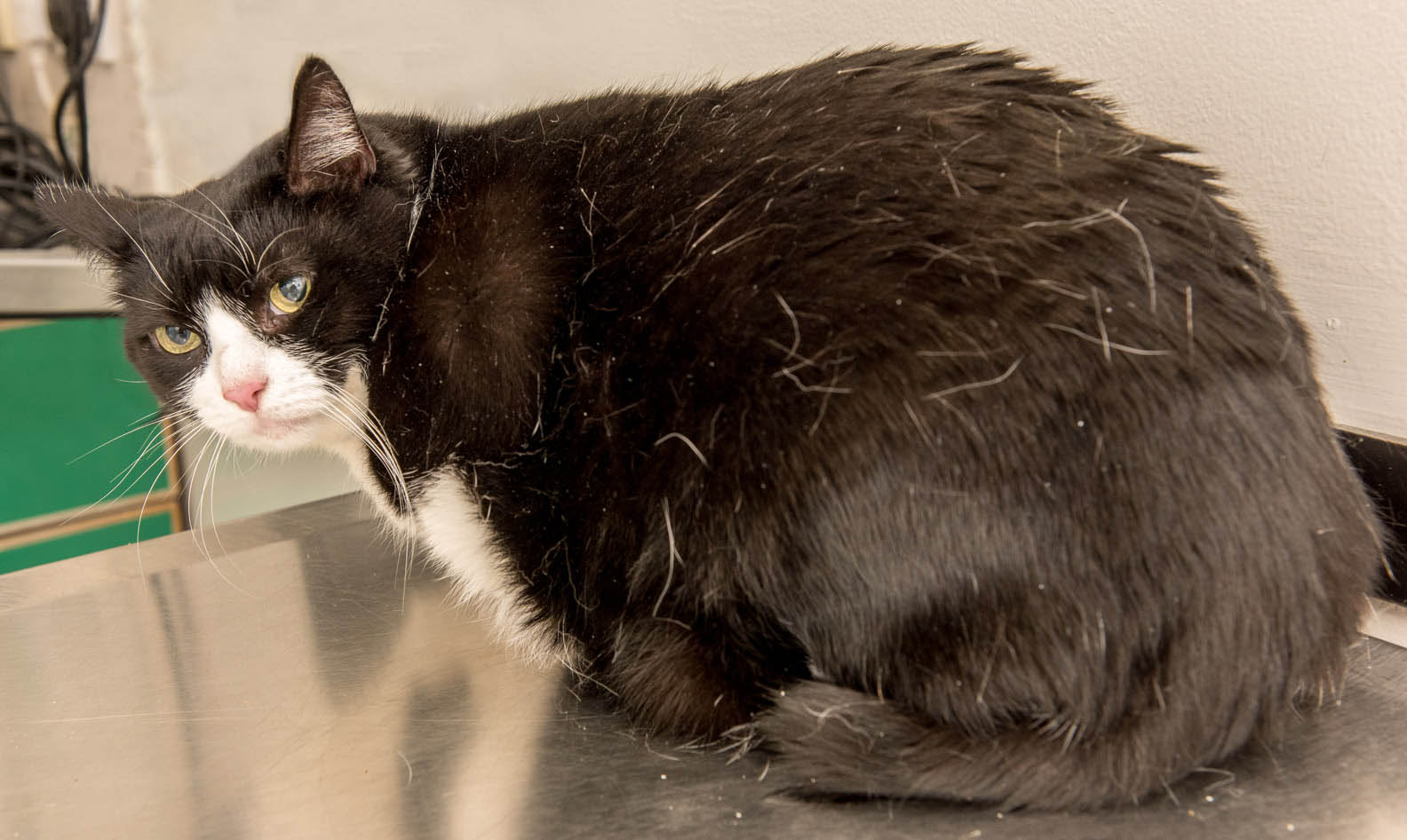Vet charity PDSA is urging pet owners to #WeighUp for their four-legged friends’ health and wellbeing this National Obesity Awareness Week (10-16 January 2022), following research revealing a whopping number of our furry friends have piled on the pounds.
The study* of more than 4,500 pet owners by the UK’s leading vet charity, PDSA, and YouGov, found that 1.4 million pets have been fed more human treats since the start of the coronavirus pandemic. This could be leading to a ticking obesity time-bomb, says PDSA. The charity is offering a free downloadable guide to help owners recognise and tackle weight issues in their pets – www.pdsa.org.uk/WeighUp.
Worryingly, the detrimental health effects of obesity in our four-legged family members don’t appear to be well-recognised amongst owners. Three in ten (31 per cent) owners don’t agree that overweight pets are more likely to suffer from serious diseases, and 35 per cent don’t agree that they are less likely to live as long as other pets – indicating that there is a lack of understanding of the real dangers of our pets being overweight.
PDSA Vet Nurse, Nina Downing, said: “The findings of our PAW Report indicate that the nation’s pets are at more risk than ever before. Although some owners may think their chubby pets look cute, being overweight is a major red flag when it comes to their wellbeing. Overweight animals have a much greater risk of developing health problems such as arthritis and diabetes – which can have drastic consequences, even shortening their life by up to two years**.
“I’d encourage anyone who is concerned about their pet’s weight to take action now – the risks of carrying extra pounds are significant, however, making small changes to keep them at a healthy weight can make a huge difference. To help owners spot the signs of weight gain in their pets, we’ve created our handy #WeighUp guide, which makes it easy to review a pet’s shape and breaks down achievable steps to combat any weight-related issues.”
According to owners who said their pet was overweight, the most common factors preventing their pet from losing weight were: giving in when their pet begs for food (29 per cent), they like feeding treats to their pet (19 per cent), their pet is fussy with food (19 per cent), and they feel giving treats shows how much they love them (15 per cent).
Surprisingly, pooches were walked slightly less frequently than pre-pandemic, with 38 per cent leaving the house just once a day (3.7 million dogs), compared to 33 per cent in February 2020. However, many pups enjoyed longer walks, although it is still most common for the UK’s pooches being walked for 31 minutes to one hour (41 per cent), 20 per cent are walked over a one to two-hour period – up from 13 per cent before the pandemic.
Nina adds: “For many of us, our routines were turned upside down at the start of the pandemic, so it’s no surprise that our habits changed. Equally, for those spending more time around the house, it’s easy to feed our furry companions an extra treat or two and sometimes, you may not notice how much these additional snacks add up.
“As we enter a new year, many of us will be turning our attention to how we can improve our own health and wellbeing – and we should pay our pets the same care. Long-term, the best thing you can do for your furry friend is to encourage healthy habits, helping them live an active and happy life.”
For further information about PDSA’s #WeighUp campaign, which is proudly sponsored by Royal Canin, and to download its free guide to help check if your pet is a healthy weight and what to do if not, visit https://pdsa.org.uk/WeighUp.
We regularly write about all things relating to cats on our Blog Katzenworld!
My partner and I are owned by five cheeky cats that get up to all kinds of mischief that of course, you’ll also be able to find out more about on our Blog
If you are interested in joining us by becoming a regular contributor/guest author do drop us a message @ info@katzenworld.co.uk .


1 Comment